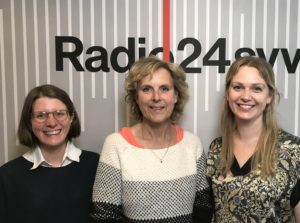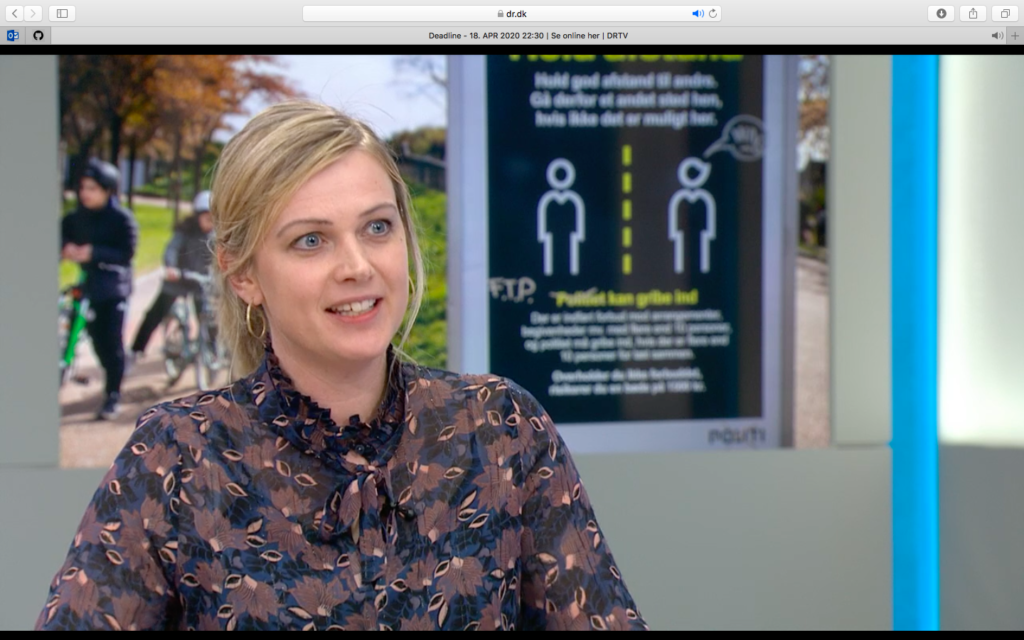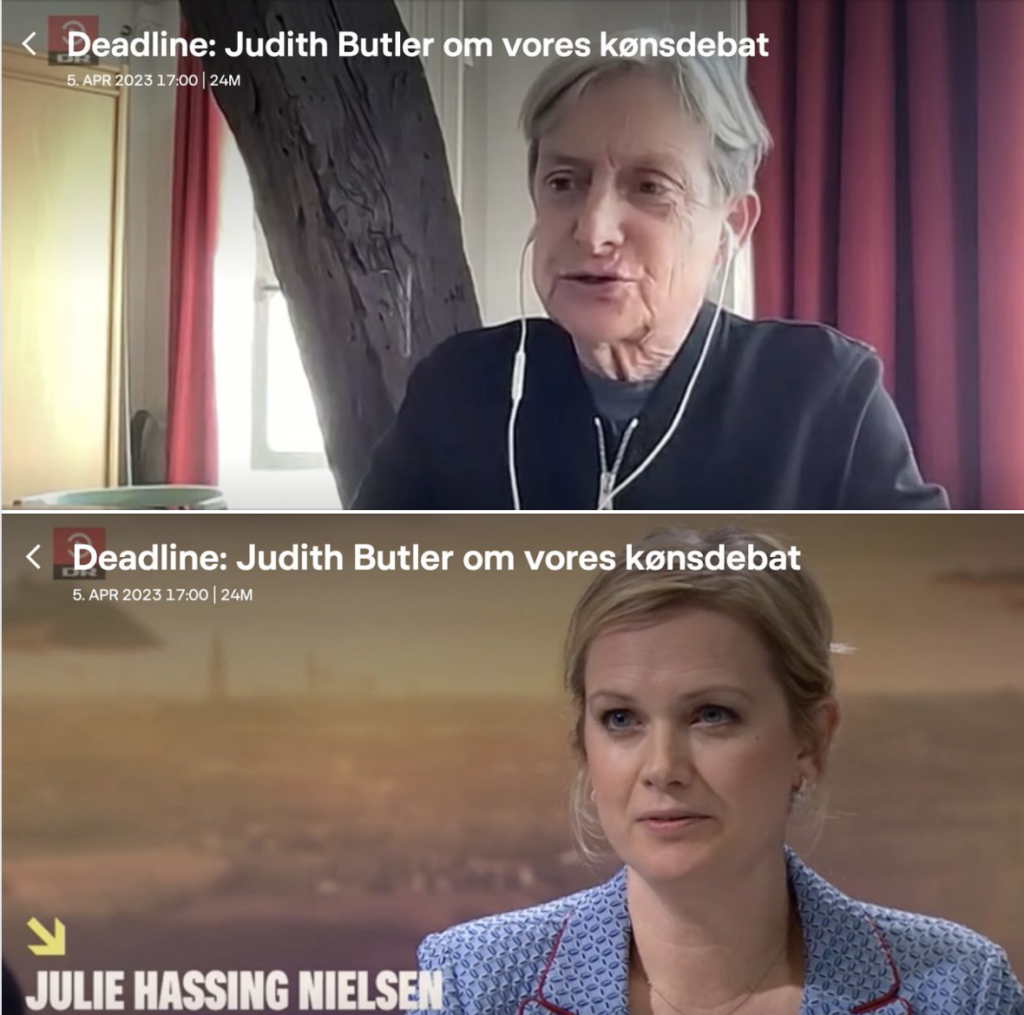
Hvorfor højredrejningen ved Europas unge?
Startede årets første arbejdsdag i DR2 Deadline. Vi snakkede højrepopulismens tiltrækningskraft på unge europæere – og hvorfor vi ikke helt ser de samme mønstre i Danmark, som vi ser i fx Italien.
Se med her: https://lnkd.in/ePUaU6N5
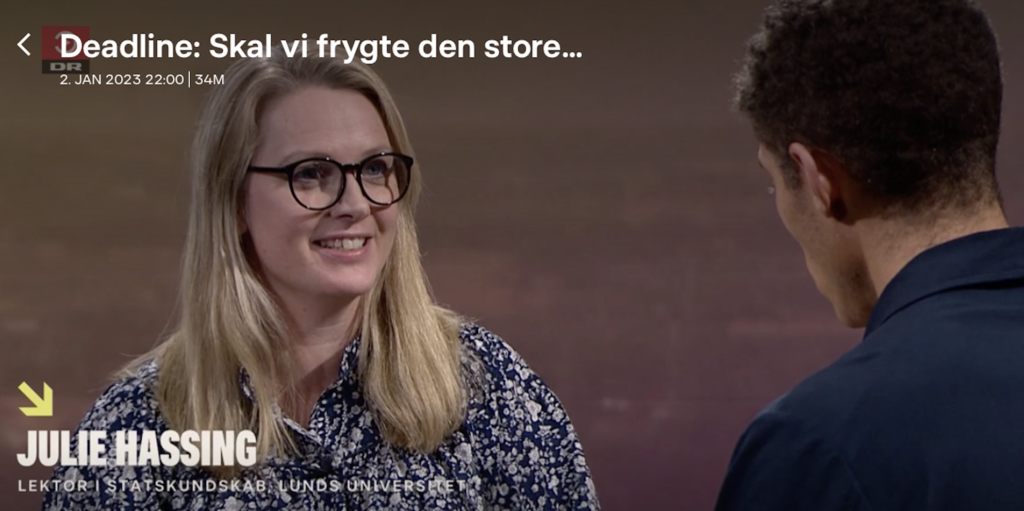
New article: Danes trusted their government more than the Swedes during the pandemic
Did the different public-health policies that Sweden and Denmark pursued in the beginning of the COVID-19 pandemic result in different levels of public trust in governments’ and health authorities’ ability to guide the two countries safely through the pandemic? How did the level of trust change as the pandemic unfolded? And were there any cross-country differences in the
correlates of trust?
New work out with Johannes Lindvall answers these questions. Download it here:
What role does political governance institution play for political attention?
With Dan Mønster (Aarhus University), I have a new working paper out. Below the abstract.
What role does political governance institution (i.e. the local, national, and European governance level) play for political attention? Using eye tracking in a laboratory experiment (N = 63), we pioneer a study into exploring the role of governance institution on attention to political news, holding political content constant. We find that fixation time significantly increases when reading about the EU compared to the national and local governance institutions. The political topic (here immigration and climate) only has a significant impact as an interaction effect with the national and local levels. Sex and attitudes to EU integration play no significant role. We discuss these findings, including the prospects andlimitations using eye tracking in political science research.
Download it here
EU ties funds to rule-of-law conditions — An 11th-hour compromise.
Analyzed the new EU rule-of-law mechanism and the state of Brexit affairs in DR Deadline, 10 December 2020
For more see https://www.dr.dk/drtv/serie/deadline_7111
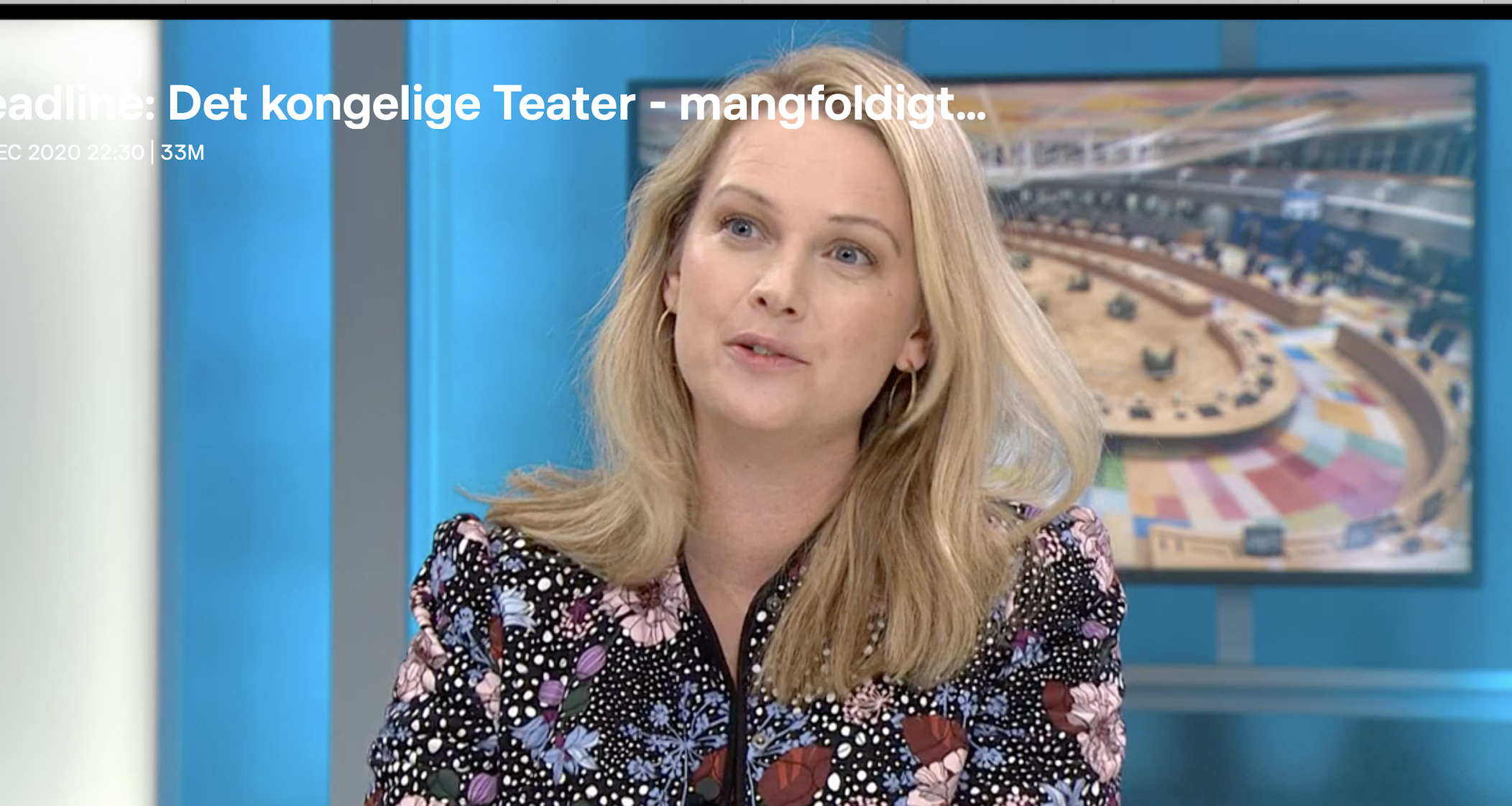
Personality varies in impact on EU attitudes: New Publication in Research & Politics
Our new study (co-author K. Amber Curtis) finds little consistency in personality’s effects across countries. Read more here:
https://journals.sagepub.com/doi/full/10.1177/2053168020972812Covid-19 strategy: Danish and Swedish differences
Do people trust the politicians and health authorities to guide them safely through the pandemic? Do they find their national strategy is sufficient? And what do they prefer: Saving the economy or preventing disease spread?
Lund University and Djøf Public Affairs publish report on the perception of Covid-19 initiatives in Denmark and Sweden. Read the full report here: https://www.djoef.dk/-/media/documents/djoef/p/paragraf_20_april_2020_2_a4_web.ashx
The results were discussed in P1 morgen (9.30) and DR2 Deadline, 18. April 2020
Guest in the radio program “Verdenspressen” (P1, DR), 22 september

Analysis of the new (potential) EU Foreign Policy Chief – Josep Borrell – DR2 Deadline, 2 August
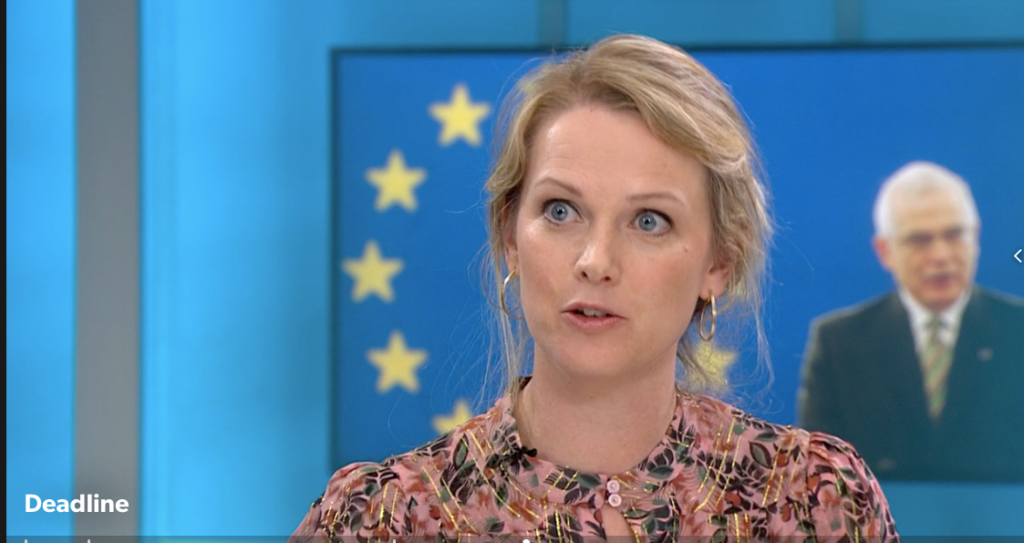
Radio 24/7 Guest Hosts – May-June 2019
In May and June, Maja Kluger Dionigi and I were guest hosts of the program “Europe in Flames” at Radio 24/7.
You can find the podcasts at http://www.24syv.dk/forside
